Best Herbs To Support Healthy Blood Sugar Levels Eating a healthy, nutrient-dense diet low in carbs and low in Advanced glycation end products (AGEs) is key for supporting healthy blood sugar levels. Additionally, you can use some specific herbs that have been shown to support healthy blood sugar levels. Here are a few great herbs for healthy blood sugar levels:
Source article and all study links - click here.
0 Comments
10 Signs Of Magnesium Deficiency
Below are 10 signs that clue as to whether or not someone has a magnesium deficiency. 1. Poor Cognitive Processing
2. Headaches & Chronic Migraines
Much of this has to do with magnesium's ability to help regulate calcium balance within neuronal cells. Too much calcium can lead to neurotoxic effects where the brain cells are overstimulated and this is a major factor in headaches and migraine formation. 3. Constipation & IBS
4. Fatigue
5. Insomnia
6. Muscle Spasms & Cramping
7. Chronic Pain & Fibromyalgia
8. Heart Arrhythmia
9. Numbness and Tingling
This effect has been highlighted in research showing protective properties against peripheral neuropathy induced by certain cancer therapies. 10. Mood Disorders
Ways To Support Magnesium Levels 1. Magnesium Rich Foods As with most nutrients, always start with your diet. There are plenty of great food sources of magnesium that are easy to incorporate into your daily life. Some of my favorites are:
Picking a few high-magnesium foods and consuming them on a regular basis. For example, use avocados to make avocado chocolate protein pudding and eat it for lunch! 2. Epsom Salt Baths
3. Supplemental Magnesium When it comes down to it, our food supply just isn’t what it used to be. Industrialization and poor attention to soil quality has depleted our soil of vital nutrients that used to be passed into the food we ate. Although we are starting to wake up to this fact and make more conscious efforts to create nourished farming conditions, our food is still lacking in the nutrition our bodies need. More details and references - click here.
Amazing Turmeric Fat Burning Coffee
This fat burning coffee recipe will help you get into ketosis, burn fat and reduce inflammation quickly! For many people, this is their breakfast…as the good fats help to provide satiety and the combo helps to balance blood sugar, increase energy and improve mental output. Unless someone has extreme adrenal fatigue or a major sensitivity to coffee, this can be used to improve fat burning and overall mental performance.
What is the Thyroid Gland & How It Works
A normal thyroid gland weighs everywhere between 20 and 60 grams (0.7 to 2.1 ounces). Our thyroid is responsible for producing the master metabolism hormones that control every function in our body. It produces two hormones:
What Affects Thyroid Health & Ways to Strengthen It 4 Things That Can Affect Our Thyroid Health These are some key causal aspects that can ruin our healthy thyroid function: Gluten sensitivity can cause our gastrointestinal system to break down, so foods we eat aren't completely digested, which may lead to leaky gut syndrome, allowing bacteria and other toxins to enter our bloodstream. This link becomes more apparent as one study highlights a connection between autoimmune thyroiditis and celiac disease, a gluten-related autoimmune condition that damages our small intestines. There are studies explaining the danger of soy foods such as their anti-nutrients, impact on digestive health and goitrogens that affect thyroid function. Properly or traditionally fermented, organic, non-GMO and unprocessed soy products such as natto, miso, and tempeh are fine - it's the unfermented soy products we should stay away from, like soy "meat," soy milk and soy cheese. When we ingest or absorb bromine, it displaces iodine, and this iodine shortage leads to an increased risk for cancer of the breast, thyroid gland, ovary and prostate cancers that we see at alarmingly high rates today. This phenomenon is significant enough to have been given its own name: the Bromide Dominance Theory. In addition, when food becomes tainted with bromine, it may cause nausea and vomiting. Bromine can be found regularly in a number of places, including:
Many of us are almost always under chronic stress, which results in increased adrenal stress hormones and cortisol levels, and elevated cortisol has a negative impact on thyroid function. Thyroid hormone levels decrease during stressful times. When stress becomes chronic, the flood of stress chemicals, adrenaline and cortisol, produced by our adrenal glands interfere with our thyroid hormones, causing a whole range of health-related issues like obesity, high blood pressure and high LDL cholesterol. It also affects our glucose metabolism. Best Weapon Against Thyroid Problems
Some noteworthy examples include:
The Total Diet Study, performed by the FDA, reported an iodine intake of 621 micrograms for 2-year-olds between 1974 and 1982, compared with 373 micrograms between 1982 and 1991. One probable reason for the reduced iodine intake through the years is its disappearance from our food supply because of iodine-deficient soil How to Increase Your Iodine Levels Naturally Sadly, up to 30% of the population worldwide could be at risk for iodine deficiency. In fact, iodine deficiency is one of the three most common nutritional deficiencies, along with iron and vitamin D. Here are some helpful strategies to increase our iodine levels naturally:
Simple Steps We Can Do to Improve Our Thyroid Health Here are simple ways that we can take in order to improve the performance of our thyroid:
Let's connect if you have any questions.
Your immune system is a complex system that protects you from viruses, bacteria, parasites, and other pathogens. It is a complex system that’s essential for your health and survival. As we face more stressful experiences it is even more important to strengthen your body with good immune support strategies. The 12 strategies below are not supported by the FDA as a treatment for any health condition. But they can be highly supportive for your body’s overall wellness. What is the Immune System If you want to understand your immune system, imagine a network of cells and tissues spread throughout your body involving your cells, tissues, and organ. Your immune system is on a constant lookout for invaders and ready to attack and protect you through a so-called immune response. It is your defense system and inner-army of protection. Immune Response Process Antigens are any substances that are considered to be an invader. They prompt an immune response. They include viruses, bacteria, fungi, toxins, or other foreign materials. When your B lymphocytes, or B cells, spot an antigen, they release antibodies. Antibodies are part of the immunoglobin family and are a type of protein that can lock antigens.
Immune System Problems
Hypersensitivity Hypersensitivity means that your immune system overreacts to something and damages healthy cells. Anaphylactic shock due to an allergen is one example of this. Even if you don’t have any of these immune system problems, unhealthy lifestyle and dietary choices, toxins, and stress can weaken your immune system and thus compromise your immune system response making you more vulnerable to illness and making recovery more difficult. Supporting a Balanced Immune Response Your T cells help to coordinate immune regulation and kill compromised cells. However, T cell function decreases as you age and lowers immunity, especially in older adults. This is why respiratory infections, influenza, and pneumonia cause more risk and are among the leading causes of death in those over 65. Unhealthy lifestyle choices, including an inflammatory diet, lack of exercise, smoking, inadequate sleep, chronic stress, and improper hygiene can also compromise your immunity and make you more prone to disease. Supporting a balanced immune response is critical for your health and well-being. The good news is that it is never too late to start making dietary and lifestyle changes to support proper T cell function and immune regulation. Top 12 Immune Support Strategies
Be Grateful & Positive
Engage in uplifting activities, such as dancing in your living room, playing with your kids or pets, watching a comedy, listening to music, or reading your favorite book. Say a prayer or practice any spiritual activities that feel right for you. If you need help in developing a positive mindset, seek help from a counselor, therapist, or life coach. Prioritize Good Sleep For Immune Support Avoid electronics and instead try board games, reading, relaxing music, crossword puzzles, crafts, coloring, meditation, and journaling. Make sure your bedroom is a safe sanctuary with a comfortable bed, bedding, and pillows. Avoid Sugar & Processed Foods
Practice Intermittent Fasting For Immune Support
Consume Immune Support Enhancing Foods Use mint, low glycemic index fruits including lemon, lime, and berries, healthy fats including avocado, coconut oil, extra virgin olive oil, grass-fed butter, and ghee, clean protein including grass-fed beef, free-range poultry and eggs, wild-caught fish, and wild boar, fermented foods including kimchi, sauerkraut, and kefir, and medicinal mushrooms including reishi, cordyceps, and turkey tail. Choose home-cooked meals whenever possible. Fresh Air, Sunshine, and Grounding
Be sure to step outside and spend time in your garden, yard, balcony, or street in front of your house or apartment as much as you can. Open the windows to let the fresh air in. Grow some plants to allow nature to be present inside. Go for a walk or a jog while keeping the recommended social distance in order to uplift your spirit and improve your immune system during this time. Regular Movement & Exercise Mix up cardiovascular exercises, such as walking, running, biking, or dance, as well as resistance and strength training including weight lifting, CrossFit, TRX, and pilates. High-intensity interval training (HIIT) provides the benefits of both. Good Hydration & Drink Herbal Teas
Optimize Vitamin D Levels
Take Probiotics & Digestive Enzymes Your gut health and immune health are interconnected. Keeping your gut microbiome balanced is absolutely critical for a healthy immune system. Use Vitamin C & Zinc For Immune Support Foods that are rich in zinc include spinach, pumpkin seeds, salmon, and grass-fed dairy. Use an Infrared Sauna For Immune Support Infrared saunas have countless health benefits. They support detoxification, improve immune health, reduce stress, and improve energy.
Source - click here Your immune system is your body’s defense system and works to fend off bacteria, viruses, fungi, parasites, and toxins. Unfortunately, our world is full of toxins that can compromise your immune system and increase your risk of infections, illness, and disease. Fortunately, there are some natural support strategies that support detoxification, weakened immunity, and your health. You will learn how toxins may disrupt your immunity. You will learn about the top 7 toxins that may weaken your immunity. You will learn the top tips to detox and support healthy immunity. Importance of Healthy ImmunityYour immune system is an incredibly important system. It is your body’s defense system, it is your friend, your protector, and your personal bodyguard. Your immune system’s job is to protect you from infections and health problems caused by viruses, bacteria, fungi, parasites, and toxins.
How Toxins Disrupt Immunity
Top 7 Toxins That Weaken Immunity Knowledge is your first step to recovery and health. You must know the sources of various toxins that impact our body and weaken immunity. While it is impossible to avoid exposure to these thing all together, it is critical to minimize your exposure and open up your drainage pathways to eliminate these chemicals from your body. Let’s learn more about the top 7 toxins that may weaken your immunity. 1. Glyphosate
2. Mold & Mycotoxins
3. Phthalates Phthalates are a group of chemicals that are incredibly toxic and weaken immunity. They are the most commonly found cosmetics but may be found elsewhere. According to the US Food and Drug Administration (FDA), they are “used in hundreds of products, such as toys, vinyl flooring and wall covering, detergents, lubricating oils, food packaging, pharmaceuticals, blood bags and tubing, and personal care products, such as nail polish, hair sprays, aftershave lotions, soaps, shampoos, perfumes, and other fragrance preparations”. 4. Heavy Metals
Some common heavy metals that you may encounter include lead found in lead-containing paint, contaminated municipal tap water, cosmetics, contaminated food, and tobacco products, arsenic, found in pesticides, commercially grown produce, apple juice, rice products, glass work, smelting, and semi-conductor production, mercury, found in larger seafood, dental amalgam silver tooth fillings, and some vaccines, cadmium, found in tobacco, metalworking, soldering, battery manufacturing, and contaminated foods, aluminum, found in some vaccinations, antiperspirant deodorant, municipal tap water, canned food and drinks, and some processed foods. 5. Organophosphates
6. Xylenes
7. Endotoxins
How To Detox and Support Immunity When dealing with toxic exposure and a high toxic load, the first step is to do our best to avoid the main sources that weaken immunity. Once we have done that, we want to focus on opening up our detoxification and elimination pathways. Our primary drainage pathways are from our lungs, skin, kidney’s and colon. We literally need to enhance our respiration, perspiration, deification and urination systems to eliminate these toxins from our bodies. Detoxification can sound scary, but once you learn about how to detox and support your immunity, you will realize that it's actually a simple and straight-forward process. Anti-Inflammatory Nutrition Plan
Try Eating:
Intermittent & Extended Fasting
Once you are more experienced with intermittent fasting, try an extended fast, which can last for a few days or even a week or two. During your extended fast, you are only drinking water and possibly other non-caloric, healthy drinks, such as herbal tea, and refrain from food. Great Hydration & Water Filtration
Exercise & Movement
Daily Sun Exposure & Grounding
Infrared Sauna Usage Infrared sauna therapy is a form of sauna that uses infrared heaters that release infrared lights you experience as heat as it gets absorbed through the surface of the skin. It utilizes Far Infrared Technology (FIR), which is a non-invasive light therapy that can penetrate your body as much as three inches. It supports detoxification, offers immune support, and lowers inflammation. Source - click here.
The foods below are for healthy eyes. They are natural ways to give your vision a boost from the inside out! Try them out. Keeping your eyes healthy becomes increasingly important as we age. The once who follow natural health know that nutrition is a great defense against degeneration associated with aging and eye health is no exception. The five foods below are amazing for eye health. You can include these power-packed nutrients in your diet as much as you want. Eating these foods and maintaining good general health practices can help your eyes stay strong and your vision remain clear well into your golden years. Here the quick list, with more details below: 1. Carrots Why? Loaded with beneficial vitamins and micronutrients. A good source of the carotenoids beta carotene, lutein and zeaxanthin, a class of antioxidant micronutrients that are believed to protect against macular degeneration and cataracts. A study sponsored by the National Eye Institute found that vitamin supplementation including beta carotene at levels well above the Recommended Dietary Allowance (RDA) reduced the risk of developing advanced macular degeneration by a whopping 25%. 2. Ginkgo Biloba Why? Ginkgo is a nutritional supplement that has been used as traditional herbal medicine in China for hundreds of years. Ginkgo leaves contain natural flavonoids filled with antioxidants that are believed to improve eye health by boosting circulation and protecting against damaging free radicals. Ginkgo has been shown to increase ocular blood, making it potentially effective in treating glaucoma and other eye diseases. Adding this potent supplement to your regimen may provide an added layer of protection against age-related memory loss and heart disease.
4. Coconut Oil Why? Coconut oil has many healthful properties. Caspase-3 is a family of protease enzymes that plays an essential role in inflammation and apoptosis, or programmed cellular death. Benefits to the retina increased when the dosage of coconut oil was doubled in one of the studies, suggesting that coconut oil was the significant factor behind these potent eye health benefits. 5. Oily Fish Why? Many fish are rich sources of omega-3 fatty acids. Oily fish are fish that have oil in their gut and body tissue, so eating them offers higher levels of omega-3-rich fish oil. The retinas need two types of omega-3 fatty acids to work right: DHA and EPA. You can find both in fatty fish, such as salmon, mackerel and trout, as well as other seafood. Some of the best fish are:
You feel like healthy eating gets more complicated every day? I hear you. Paleo, vegan, keto, low-carb, high-fat, organic, and the endless list of dietary terms can make it very difficult. The article below lays the basis of the worst foods for your health, along with the foundational principles of a healing diet to support optimal wellness in the body. Some of these worst foods may come as a surprise because they are marketed by the media as healthy, but you will come to find out why you will want to avoid them! Here is the list of the 9 Worst Foods:
Quick Note: While it is important to know which of the worst foods to avoid, it is never a good idea to be fixated on what you cannot eat. Once you understand the foods to avoid, keep a mental note. Take to heart the healing diet nutrition principles and begin incorporating them into your life. By doing so, you will begin to naturally avoid the worst foods for your health. Instead of feeling limited to a narrow selection of foods, you will experience liberation knowing that the foods that you are eating are adding to your vitality every day! Table Salt
Vegetable Oil
Un-fermented Soy Products
Processed Meat
Microwaved Popcorn
Non-Organic Produce
Artificial Sweeteners
Margarine
Canned Tomatoes
If you need any help with these suggestions or if you'd like to review your current lifestyle, please reach out. We can help you modify and adjust in a way that makes sense for your lifestyle - nothing cooky-cutter here. Source & research - click here.
5 Body Signs of Nutritional Deficiencies Nutritional deficiencies left undetected or without cause for alarm over long periods can lead to life altering health problems. Different areas of your body can signal that something is physiologically wrong. Being in tune with your body's needs and being aware of these signs of nutritional deficiencies are critical to whole body wellness. Optimal vitamins and minerals are required by the body to properly eliminate toxins from the body, promote the health needs of your digestive system, cardiovascular system, metabolism and total body strength. Signs can be both external and internal and can be caused by the over consumption of one vitamin or mineral which can leave your body out of balance and deficient in other minerals. Learn the 5 body signs of nutritional deficiencies below so that you can better detect how your body is functioning. Learn how to enable you to heal faster if you notice something is wrong. These small signs are fixable today and they can prevent you from long term health problems. Sign #1: Hair Loss and Skin Rash Nutritional deficiencies affect a person's entire life. Not only do these nutritional deficiencies lead to a decline in physical health but many problems can influence work and social life. Hair loss and face rashes may impact one's desire to feel comfortable in public settings and may be the first indicator that there is a hormonal imbalance or other physiological concern stemming from inadequate nutrient intake.
Supplements When biotin levels are low, many times other B vitamins are low as well. Such as B2, B6, folate and often B12. For general maintenance a supplement with 300-400 mcg (100-133% of RDA) of biotin daily is a good option. Sign #2: Oral Health Problems Oral health reflects the relationship you have with consuming proper nutrients in your diet. Please consider that many vitamins and minerals are responsible to protect the oral cavity. Nutritional deficiencies can manifest in various ways in the oral cavity and develop into more severe health challenges down the road. For instance, consider the following nutrients and there effects on supporting structures in the oral cavity:
These symptoms of nutritional deficiencies are often associated with vegetarians who do not consume enough essential nutrients through diet because animal products contain many of the fat soluble vitamins needed to maintain oral health. Individuals also susceptible to nutritional deficiencies in which symptoms manifest in the oral cavity include people with gastrointestinal diseases, thyroiditis, autoimmune disorders, and people who consume proton inhibitor medications Related Deficiencies Common vitamin and minerals associated with poor oral health include a complex of B vitamins including riboflavin (B2), B12 and niacin (B3) as well as minerals like iron and zinc. The effects of nutritional deficiencies for each nutrient listed above can result in the following problems:
Remedy Nutritional deficiencies in any of these nutrients can result in weakened immunity and a higher risk for infection. Unless you have specific dietary restraints, excellent protein sources containing iron, zinc and B vitamins are found in wild caught salmon, free-range poultry and organic and free range sourced eggs. Watch out for phytate containing foods such as grains, legumes and nuts. These phytic acids bind to minerals like zinc and iron and reduce our ability to absorb them. Always soaking and sprouting nuts and seeds removes the phytic acids and enhances the bioavailability of the nutrients in the nut or seed. Additionally, be sure to use fermented foods which have a higher amount of B vitamins and good bacteria and enzymes to enhance the digestive process. Add more vegetables to your diet high in vitamin C to boost the availability of iron into the body. Foods include kale, cruciferous vegetables like cauliflower and broccoli, tomatoes, red bell peppers and citrus fruits like lemons and limes. Especially if you follow a specific diet, it is crucial to receive B vitamins from foods like avocados and dark leafy green vegetables. Sign #3: Muscular Cramps in Legs Frequent muscle cramping in the calves, arches of the feet and a stabbing sensation in your toes may be a sign that you are deficient in one of the critical nutrients that work in balance to control other ions. You may just be working up a sweat more often than before which increases your loss of electrolytes. However, whether your cramps occur over short or long term periods this symptom should be treated accordingly.
Remedy Excellent sources of magnesium in foods are found in avocados, pumpkin seeds and unsweetened cacao while Brazil nuts and almonds contain high amounts of both magnesium and potassium. Both calcium and magnesium can be received in combination with a healthy ratio of vitamin D3 to regulate calcium absorption in fermented foods like kefir, yogurt and milk from 100% grass-fed animals. Coconut water and coconut water kefir are great sources of potassium. A good and effective combination includes doing 3 Epsom salt baths each week, 3 days of sunbathing at least 30 minutes with 40% or more of the body getting high quality sun exposure, using fermented foods and drinks like coconut water kefir and an avocado daily. In addition, I recommend using generous amounts of Real Salt on food and hydrating well throughout the day. Consume some dark green leafy veggies each day for calcium and anti-oxidants. Many essential oils have natural antispasmodic qualities, which help inhibit problems associated with spasms, cramps and muscle pulls. Some good ones include lavender, chamomile, rosemary or cypress. You can massage these onto your legs, diffuse them in your home and put them into your Epsom salt bath. Sign #4: Itchy Red Rashes, Acne & Blemishes Several skin problems are associated with nutritional deficiencies. Skin conditions such as psoriasis, eczema, severe acne and even skin pigmentation disorders may have you trying to alleviate the problem with skin moisturizers and anti-inflammatory drugs.
Related Deficiencies The World Health Organization (WHO) recognizes that vitamin A deficiency is a public health concern affecting more than half of the globe and vitamin D is virtually an epidemic considering 90% of the population is deficient in this critical nutrient. Most people are also deficient in the long chain omega 3 fatty acids EPA and DHA as well and this can result in more inflammation in the skin and sebum glands and the development of acne.
Remedy Foods rich in vitamin A include liver, organic eggs from pastured chickens, dark green vegetables, carotenoid containing produce like carrots and sweet potato as well as milk from 100% grass-fed cows. One of my favorite sources of vitamin A is organic, grass-fed butter or ghee. I use these generously each day. I love butter!
A great source of the long-chain omega 3 fatty acids EPA and DHA is through a purified fish oil. I personally recommend and use Nordic Naturals Cod Liver Oil because it has high amounts of fat soluble vitamin A, 1000 IU of vitamin D and a healthy dose of EPA and DHA. #5: Abnormal Sensations in Hands or Feet Have you ever experienced a tingling in your toes? How about a numbness in your hands or the sensation of pins and needles in your feet? These minor and seemingly insignificant symptoms can be a sign of a serious health problem. Symptoms may be slow to develop but become more severe and lead to serious health consequences over time. Related Deficiencies Vitamin B12 & Folate (Vitamin B9): Since the intrinsic relationship between vitamin B12 deficiency and disease was first recognized in 1849, researchers have fought to understand the many metabolic roles this vital nutrient plays in maintaining health. Vitamin B12 is involved in a key reaction that regulates nerve function, supports DNA synthesis and helps regulate specific amino acid levels like homocysteine from becoming toxic. Folate is another B vitamin involved in similar neurological pathways. A deficiency in vitamin B12 and folate are associated with inflammatory conditions throughout the body. However, severe problems that can arise from a vitamin B deficiency like Crohn's Disease may be masked by less problematic symptoms early on. One of these early body signs is neurological damage manifested as numbness or tingling in areas of the body such as hands and feet.
Remedy Foods containing a complex of B vitamins are primarily of animal origin such as meat, eggs, dairy and poultry. This is why vegans and vegetarians are at an increased risk of vitamin B deficiency. Although vitamin B12 is bound in protein in animal products, vitamin B6 can be obtained from meat as well as green leafy vegetables. Some individuals have genetic issues such as pyroluria that cause them to need much higher B6 levels. Other people have a dysbiotic gut and the bacteria are unable to produce adequate B6 levels. This is where fermented foods can be especially helpful sources of highly absorbable B6. Reasons for Nutritional Deficiencies There are several reasons why someone may have nutritional deficiencies. These include a diet that is low in micronutrients and high in sugar and processed foods. The lesser known reasons include low stomach acid and leaky gut syndrome which cause poor nutrient absorption. Additionally, poor blood sugar balance and chronic stress deplete key nutrients and lead to nutritional deficiencies. All of us have had one or more of these factors for a period of time in our life and it is quite possible you are struggling with one right now that is contributing to nutritional deficiencies in your body. Key Nutritional Tips: Above all, consuming a wide variety of nutritional antioxidants sourced from all the colors of the rainbow in fruits in vegetables can help prevent nutritional deficiencies. Consider eating a superfood every day and choose to have a salad as one of your meals. Be sure to choose organic produce to consume foods with the highest nutritional density.
Click here for the entire article, with references and additional info.
Coronavirus: Symptoms & Natural Solutions The coronavirus, aka COVID-19, is all over the news and social media. It is a new strain of coronaviruses that first started in Wuhan, China in December 2019. It causes fever, coughs, shortness of breath, and upper-respiratory symptoms. In this article (original source link below), you will learn what the coronavirus is, how it spreads, what are its symptoms, and who is at risk of the infection. You will learn about some major lifestyle factors that can cripple your immune system and put you at greater risk of any virus or respiratory infection. This article will also show some natural solutions that can help to prevent viruses, respiratory infections, and illness this season and help you recover quickly if you do get sick. What Is the Coronavirus Coronaviruses (CoV) are a large group of viruses. Different strains may cause different illnesses ranging from the common cold to more severe diseases, such as the Severe Acute Respiratory Syndrome (SARS-CoV, or SARS) or the Middle East Respiratory Syndrome (MERS-CoV, or MERS). Coronaviruses tend to be zoonotic viruses, which means that they can be transmitted between people and animals. For example, SARS was transmitted from civet cats to humans, whereas the MERS originally spread from camels to humans. There are various strains of coronaviruses that are circulating between animals but have not infected humans so far. If you check the news and read about the coronavirus, they are referring to the novel coronavirus (nCoV) or Coronavirus Disease 2019 (COVID-19), a new strain of coronaviruses that haven't been previously seen in humans and has been spreading since late 2019. Symptoms Symptoms are similar to the flu and the common cold, however, may become severe and lead to complications in those with chronic health issues or in older people. The mortality rate is at 2 percent in Hubei providence in China where the outbreak started and less elsewhere. This is much better than SARS, which had an over 10 percent mortality rate or MERS which killed about 35 percent of those infected. The CDC currently believes that the incubation period of the virus can be up to 2 weeks, and symptoms may appear within as few as 2 and as long as 14 days after exposure to the virus. This is very similar to what we’ve seen in the Middle Eastern Respiratory Syndrome (MERS) back in 2012. Symptoms of the coronavirus infection are very similar to symptoms of the flu (influenza) virus. Based on what we know, symptoms may include:
Symptoms may range from mild symptoms to severe. In some cases, people may develop a more severe illness, such as bronchitis or pneumonia, and in severe situations, it may result in death. Who Needs to Watch Out?
According to the current understanding, the coronavirus spreads very similarly to other coronaviruses and other upper-respiratory infections. The virus mainly spreads person to person between people who are in close contact, or within 6 feet, of each other. It spread via respiratory droplets coming from an infected individual's coughs or sneezes. When a healthy person nearby inhales these droplets into their lungs, they may get infected. While this is not the main way to get sick, the virus may also spread by touching one's own mouth, nose, or eyes after touching an object or surface with the virus on it. Based on what we know, the coronavirus is the most contagious when someone is the most symptomatic, however, it may also spread before someone shows any symptoms. However, at this point, we don't know enough how contagious the coronavirus is. How Do You Get Infected by Coronavirus? What we know for certain is that in order to get infected by the coronavirus, you have to be in contact with someone who is sick or perhaps with an object a sick person has touched recently. According to February 26, 2020, there are 14 confirmed cases in the United States, 12 of these are travel-related and 2 are person-to-person spread. Out of the 80,239 cases, 77,780 are in China and most other cases are in the Western Pacific Region of Asia, including South-Korea and Japan, as well as Italy. If you are in the United States, at this point, there is little reason for you to be worried. However, since the virus is spreading, experts speculate that we may be facing a pandemic situation soon, it is important to be up to date and educated. For up-to-date information, including travel warnings, you can check the CDC's and the WHO's website. The BIG questions....So What Can I Do? 5 Lifestyle Activities That Cripple the Immune System Your immune system's job is to protect you from infections and illnesses. Your immune system is the one that helps you recover if you get sick. Having a strong immune system is absolutely critical to protect your body against viral infections, including the coronavirus. The problem is that there are several lifestyle activities that many people engage in that can cripple your immune system and make you more vulnerable to illness. The top 5 lifestyle factors that may prevent your immune system from functioning optimally. Here the short list - details below:
Top 10 Natural Solutions For Coronavirus There are currently no vaccines to prevent the coronavirus and there are no anti-viral or other medications to treat the illness. Supporting your immune system is absolutely critical when it comes to the prevention and treatment of the coronavirus and other respiratory viral infections. Below are 10 natural solutions to boost your immune system and protect your body from illness and infections. Remember, these are great tips not only when it comes to the coronavirus, but for the common cold and the flu as well. 1. Eight Foods to Support Immune Health Eating a nutrient-dense diet is one of the best and non-negotiable ways to support your immune health. It is important that you eliminate refined sugar, refined oils, artificial ingredients, processed foods, and junk food, and instead, focus on a diet that’s rich in greens, vegetables, herbs, spices, fermented foods, fruits, and healthy fats. Certain foods are particularly beneficial for your immune health because they have higher immune-boosting properties than others. It is important that you add them to your nutrient-dense diet. These foods include:
2. Good Hydration If any way possible drink half of your body weight in ounces of clean water minimum a day. For example, if you're 200lbs you should drink 100 ounces of clean water every day! If you are exercising or doing physical labor, spending time out on the hot sun, sweating a lot in a sauna or hot tub, recovering from an illness or infection, or otherwise feeling dehydrated, make sure to drink more. To ensure that you drink high-quality, clean water, use a high-quality reverse osmosis system that purifies your water by removing all the toxins. Make sure to use a stainless steel or glass bottle to avoid toxic chemical residue from plastic bottles. It is also important that you eat plenty of hydrating vegetables and fruits and drink green juices, bone broth, or herbal teas in addition to your water intake. Avoid sugar, sugary drinks, energy drinks, and too much coffee that may dehydrate your body. 3. Good Sleep, Fresh Air & Daily Movement Keeping your body healthy is more than just food and water. Getting good sleep, fresh air, and daily movement are all crucial for a healthy immune system. Get 7 to 9 hours of quality sleep on a regular basis. If you are feeling sick, make sure to honor your body, and rest plenty. Get some fresh air on a daily basis. Go for a walk, do some grounding by standing or walking barefoot on grass or dirt, or just simply open your windows and air out the rooms. Do some daily movement. Exercise for 20 to 30 minutes 5 days a week, and keep an active lifestyle through nature walks, stretching, yoga, dancing, walking your dog, and playing with your kids. Even if you are feeling sick, it is important to stretch or do some small movement as much as you can handle. 4. Keep Stress Down & Practice Gratitude Keeping your stress levels down is key to your immune health. Practice gratitude daily. Upon waking, think about the things that you are grateful for. Stop and appreciate the small things throughout the day. Keep an evening gratitude journal. Say a daily prayer or engage in the spiritual practices that uplift you. Journal regularly. Try meditation and breathwork. Say daily affirmations. Practice positive thinking. Talk things out with your friends, family, or therapist. Make sure to have some 'me-time' regularly. Surround yourself with positive people and uplifting activities as much as possible. 5. Diffuse Essential Oils Diffusing essential oils may be beneficial for both the prevention and treatment of infections. They may help to open up your airways, reduce mucous, improve coughs, calm sore throats, and reduce sinus issues. Essential oils that may benefit coronavirus, cold, and flu symptoms include eucalyptus, rosemary, peppermint, frankincense, oregano, thyme, geranium, cinnamon, nutmeg, bergamot, cypress, and tea tree essential oil. These essential oils may offer antioxidants and immune-protective qualities. It is important to mention that some people may be sensitive to certain essential oils. Start out with a small amount, preferably, when you are feeling well. Pay attention to your body and reactions. 6. Garlic Salve For Coronavirus Whether you have the coronavirus, the flu, the common cold, or other upper-respiratory issues, if you are symptomatic, try homemade garlic salve for coughs and colds. It's simple to make and easy to use. Use:
7. Take Vitamin C for Coronavirus There is a reason mothers give vitamin C supplements and orange juice when you were sick as a child. Vitamin C is one of the best vitamins when it comes to illness. Research has shown that it has incredible benefits for lung infections and it is one of the most important vitamins for your immune system. Vitamin C rich foods include lemon, lime, oranges, mandarins, grapefruits, guava, strawberries, papaya, pineapples, kiwi, sweet green pepper, broccoli, and Brussels sprouts. Remember that sugar is the enemy of vitamin C, so make sure to eliminate any food with refined sugar and reduce your overall natural sugar (carb) intake as well. Try Thorne's "Buffered Vitamin C" supplement (Amazon link). 8. Optimize Vitamin D & Zinc Vitamin C is awesome, but let's not forget about Vitamin D and zinc either. They are both essential to support your immune system, yet most people are not getting enough. Sunshine is the best way to improve your vitamin D needs, however, with our indoor lifestyle or colder seasons, it is impossible to meet all your needs. To boost your vitamin D levels, try a daily Vitamin D/K2 supplement for both prevention and treatment. Zinc is another nutrient that people seem to not get enough through diet alone, especially when not eating a nutrient-dense, immune-boosting diet. This can lead to immune dysfunction and more infections and illness. To improve your zinc levels and keep illness way, eat lots of zinc-rich foods, including pumpkin seeds, asparagus, chicken, salmon, and grass-fed beef regularly. 9. Use Elderberry & Astragalus Elderberry and astragalus are fantastic for coughs, congestion, and other respiratory illness symptoms. Use them to strengthen immune defenses that defend against colds, the flu, the coronavirus, and other infections and to aid recovery if you get sick 10. Use Specific Herbal Support Formula Herbs are the best friends of your immune system. However, it is important that you are strategic when you are using herbal support and use a specific herbal support formula that’s created to support your immune system, lungs, and respiratory tracts. Find natural respiratory support formulas that use powerful blends of herbs and essential oils, including lovage root, eucalyptus leaf, peppermint left, lemon balm leaf, lungwort leaf, orange leaf, plantain leaf, chapparal leaf, menthol, elecampane root, lobelia flower, and peppermint essential oil, to encourage lung, sinus, and respiratory tract health. Source - click here. Avoid These Top 10 Inflammatory Foods Inflammatory foods can be major players in the development of the suffering in our society. This is because the process of inflammation is at the root cause of most chronic health issues. Learn what foods you should eliminate and what diet to follow to reduce inflammation, pain, and disease. With so many dietary advice out there, it can feel confusing to find the right one. The truth is that eating healthy is actually rather simple. Once you understand what foods may damage and what foods may protect your health, you can finally eat a nutrient-dense diet with a worry healing your body with every bite. What Is Inflammation Inflammation is your body's natural defense mechanism to fight against potential harm, such as infections, injuries, and toxins. It is part of your body's inherent immune response that promotes healing an recovery. Inflammation itself is not bad. Acute inflammation helps you to repair tissue damage when you have an injury and help you recover from colds, illness, or exposure to allergens. The problem is chronic inflammation, which is the result of an excessive stress load on your body, including physical, emotional, and chemical stress. Being exposed to constant stressors, your immune system becomes overwhelmed and increases the inflammation response. This can lead to more white blood cells, cell changes, and eventually tissue and organ damage. Chronic inflammation plays a role in a variety of chronic pain symptoms and health issues, including metabolic syndrome, type 2 diabetes, Alzheimer's disease, non-alcoholic fatty liver disease, and autoimmune conditions. The Role of Diet & Inflammation Diet plays a major role when it comes to inflammation. An inflammatory diet that is low in nutrients is one of the main causes of modern-day inflammation. Cytokines are proteins secreted by your immune system to regulate your immune response. Certain foods can trigger your immune system and lead to the overproduction of pro-inflammatory cytokines and the underproduction of anti-inflammatory cytokines The good news is that your diet also plays a role in preventing and reducing inflammation. While, inflammatory foods, such as sugar, refined oils, and gluten may increase the risk of inflammation, eating an anti-inflammatory diet may help you to overcome chronic inflammation and improve your health. Major Nutritional Factors for Inflammatory Foods Several major factors that play a role in chronic inflammation. When we consume food it will have an impact on our physiology and these 3 factors are key considerations when it comes to the foods we choose:
Blood Sugar Impact An inflammatory diet with too much sugar may lead to blood sugar imbalances in your body. This may cause inflammation and the overproduction of inflammatory cytokines increasing your risk of insulin resistance and elevated blood sugar levels leading to further inflammation, pain, and disease. Damaged Fats in Foods Your body needs fats for fuel, but not all fats are created equal. Polyunsaturated fats, such as corn, soybean, safflower, and other vegetable oils are highly unstable and prone to oxidation when exposed to heat, light, or air. During the cooking processed they also become damaged or oxidized making them even more inflammatory and destructive to your health. These oils are particularly bad for the endothelial lining of your blood vessels and for your skin and greatly contribute to the formation of acne, aged spots and wrinkles. Chemical Toxins in Foods Environmental toxins are everywhere, in our air, food, water, and products. Long-term exposure to environmental toxins may overwhelm your immune system and increase chronic inflammation. An inflammatory diet with lots of processed, refined, and non-organic foods are high in toxins. Choosing and anti-inflammatory, organic, and healing diet, however, may lower inflammation. Top 10 Inflammatory Food List
Top 10 Inflammatory Food List Details
What To Do? - Healing Diet Follow a healing diet to reduce inflammation, lower risk of developing chronic disease and improving your overall health. Eating a healing diet can reduce inflammation in your body, stabilize your blood sugar, reduce toxic load, fuel your body with foundational nutrients, and support your healthy blood pH. Try these steps:
Top 12 Best Foods to Reduce Inflammation To prevent, improve, or heal from an autoimmune condition, it is critical to reduce the inflammation in your body. Choosing the right foods to nourish your body is one of the most critical factors for reducing inflammation and preventing or improving autoimmune conditions. The foods you consume every day have the power to heal your body or to harm and inflame your body. To lower inflammation and improve autoimmunity, you should eliminate pro-inflammatory foods that may be triggering an immune response. Replace those foods with the 12 best foods to reduce inflammation. See list below. What is an Autoimmune Condition? Your immune system is your body’s defense mechanism. It is designed to protect you from disease and other potentially harmful foreign invaders. When functioning properly, the immune system identifies and destroys threats such as viruses, bacteria, and parasites. An autoimmune condition occurs when the body’s immune system turns on its own cells and tissues. The immune system mistakenly identifies the healthy cells and tissues as foreign invaders and mounts an attack to destroy them. This can happen in almost any part of the body, including the brain, muscles, skin, and other organs. Food Sensitivities and Autoimmunity The gut is critically important with autoimmune conditions because gut bacteria heavily regulate your immune system. In fact, 70% of your immune system resides in your gut. One of the main ways that the factors above lead to autoimmunity is by inflaming and damaging the gut and destroying the beneficial bacteria. When the gut lining is damaged, it can become porous. Foods and other things that you are consuming pass through these holes in the gut lining and into your bloodstream. Your immune system is exposed to these foods and reacts to the foods as a threat, amplifying the immune response. Anti-Inflammatory Diet and Autoimmune Conditions A major contributor to autoimmune conditions is inflammation. One of the leading causes of inflammation is a poor diet such as the Standard American Diet (SAD). The foods included in the Standard American Diet (SAD) diet are extremely inflammatory. They contain high levels of advanced glycation end products (AGEs), or glycotoxins. These compounds cause inflammation and oxidative stress, damaging tissue throughout the body. Top 12 AutoImmune Diet Foods to Reduce Inflammation The autoimmune diet focuses on real whole foods that are the least likely to trigger an immune reaction. Deficiencies in antioxidants, vitamins, and micronutrients can affect the body’s ability to resolve inflammation. Consuming micronutrient rich foods can help to reduce inflammation, support your immune system, and improve autoimmune conditions. It is also important to make sure these foods are organic because pesticides have been linked to autoimmune conditions Here the list of the top 12 foods:
Full details and references - click here. Healthy fats are essential for good health. However, some fats can be extremely unhealthy. When using fats, it is important to differentiate between healing fats and toxic fats. Healing fats are nutritious fats that are anti-inflammatory and supply the body with energy and building blocks for different tissues. On the other hand, toxic fats are highly inflammatory and can contribute to a series of health problems. Learning which fats to stay away from and what healthy fats to incorporate in your diet may be one of the most important dietary strategies you implement into your life. Fat research is clear: Two recent studies completely debunked the arguments for a low-fat, high-carb diet. In an August 2017 study published in the Lancet, scientists concluded "a high carbohydrate intake was associated with an adverse impact on total mortality, whereas fats including saturated and unsaturated fatty acids were associated with lower risk of total mortality and stroke. We did not observe any detrimental effect of fat intakes on cardiovascular disease events". And, a September 5, 2017 study agreed, finding that a high-fat, low-carb ketogenic diet extends longevity and promotes health. Now here is the KEY: For fats to provide these health benefits, you must incorporate healing fats, rather than bad fats, into the diet. To do this you must first be able to identify healing fats and bad fats. It is also important to distinguish saturated and unsaturated fats, non-animal fats and animal fats, and fats for hot uses and fats for cold uses. Below is a simple list of some of the best healing fats. Healing non-animal fats:
Healing animal fats:
Healing fats provide building blocks for cell membranes and hormones. They also function as carriers for important fat-soluble vitamins such as vitamins A, D, E, and K and aid in the absorption of minerals. Healing fats are essential for a healthy body and lifestyle. Let’s look more closely at several healing fats. A Few Words About Omega 3 & 6 In short, boost 3 reduce 6! Omega-3 fatty acids are polyunsaturated fats found in fatty fish such as salmon and sardines. They are also found in walnuts and some seeds, such as chia seeds. They are liquid at room temperature. They reduce inflammation and lower the risk of chronic diseases including heart disease, cancer, and arthritis. Omega-3 fatty acids can help lower triglycerides and apoproteins (markers of diabetes), and raise HDL (“good” cholesterol) levels. Omega-3 fats are also essential for brain and eye health. When in the correct balance with omega-3 fats, omega-6 fats are healing fats. Like omega-3 fatty acids, omega-6 fatty acids are polyunsaturated fats. There are healthy and unhealthy sources of omega-6 fats. Healthy sources include sunflower seeds, wheat germ, sesame seeds, and walnuts. When eaten in the ideal ratio with omega-3 fats (between 4:1 and 1:1), these omega-6 fats promote health. NOTE: Unfortunately, most Americans follow the Standard American Diet (SAD) and consume a much larger amount of oxidized omega-6 fatty acids found in corn and soybeans. How To Cook With Oils Healthy Fat Bonus Another excellent way to add healing fats to your diet is to include them in smoothies. Healing fats that are delicious in smoothies include:
Worst Fats The most common sources of unhealthy fats are man-made saturated fats and highly processed unsaturated fats. Man-made saturated fats, including trans fats, are extremely harmful. Unsaturated processed oils, such as vegetable oil, canola oil and corn oil, oxidize easily and are never healthy. Want to Balance Your Blood Sugar?
Below are 12 great foods to help you balance your blood sugar levels naturally. Carbs, processed foods, and many sugars throw off our ability to have stable blood sugar levels which can drive up inflammation, throws off hormones, and reduces our health and vitality overall. It is highly suggested to take steps to balance your blood sugar so you can improve your health. For more details regarding these 12 foods, scroll down. Here is the list:
1. Coconut Coconut is an all-around superfood and probably one of the best things to eat regularly. Try coconut oils, coconut butter, coconut flakes, coconut milk and even coconut flour. Coconut is an excellent source of healthy fats, especially MCT (medium chain triglycerides). Coconut also contains healthy fiber which is excellent for stabilizing blood sugar when combined with other sources of carbs. 2. Turmeric The compounds in turmeric have been shown to improve insulin sensitivity which allows the body to deliver glucose to cells more effectively and prevent massive fluctuations in the blood. Try to make Turmeric a stable of your diet. Furthermore, turmeric has been shown to act on the liver to regulate epigenetic (activation of genes) and enzymatic factors that all work together to stabilize blood sugar and triglyceride levels in people with diabetes. 3. Cinnamon Cinnamon is an underrated superfood. Not only is it one of the most antioxidant-rich foods on the planet, but it tastes amazing and is excellent for stabilizing blood sugar. Cinnamon may also be helpful for fighting candida, which can be another consequence of a high sugar intake. Cinnamon improves insulin sensitivity and allows glucose to be transported from the blood and into the cells much more efficiently. There are generally two types of cinnamon that can be found in stores; cassia and Ceylon. Ceylon is considered to be more effective for stabilizing blood sugar. Additionally, Ceylon contains drastically lower amounts of a compound called coumarin, which is suspected to have undesirable effects on the liver when consumed in large amounts on a regular basis. 4. Raw Chocolate Chocolate in its raw form is one of the most nutritious foods on the planet. It is packed with antioxidants, minerals like magnesium and chromium, and can even be a decent source of vitamin C. Chromium helps to improve the function of insulin to stabilize blood sugar and can also help reduce sugar cravings. The key here is to only buy raw chocolate or “cacao” as it would be written on the label. We need to ensure the highest nutrient density and therefore greatest potential for beneficial effects. 5. Organic Coffee Coffee contains an impressive array of antioxidant compounds and nutrients that help to boost brain function, increase fat burning, and protect the body from a whole list of chronic diseases from heart disease to cancer. But, it must be high-quality organic coffee in moderate amount, 1-3 cups a day, preferably in the AM. 6. Green Tea Don't like coffee? Try organic green tea. Green tea is loaded with its own array of powerful antioxidants that help to fight inflammation, cancer, and all-cause mortality. The primary active component that is thought to be responsible for these benefits is the compound call Epigallocatechin gallate. It can also improve fat burning and helps to stabilize blood sugar and can protect you from diabetes and heart disease. For the most concentrated benefits from green tea try matcha green tea. 7. Apple Cider Vinegar Apple cider vinegar is a fairly cheap way of balancing blood sugar that can be used in many ways. It contains acetic acid which helps to control fluctuations in blood sugar when combined with meals. Additionally, using apple cider vinegar may improve fat burning, improve digestion, and reduce carbohydrate cravings. Try consuming a small amount of apple cider vinegar before meals or find ways to incorporate it into meals. 8. Lemons & Limes Lemons and limes provide a blood sugar stabilizing effect due to their naturally occurring citric acid. Citric acid behaves similarly to acetic acid by helping to lower the glycemic load of meals. 9. Avocados They are loaded with minerals, fiber, and healthy fats that all help to stabilize blood sugar levels. Avocados are also a significant source of B vitamins which are important for energy production. They contain a special type of sugar molecule called D-mannoheptulose. In fact, this type of sugar may actually have the ability to lower insulin levels. 10. Olives & Olive Oil Olives and olive oil are an underestimated source of antioxidants that have been shown to protect the body from the damaging effects of diabetes such as neuropathy and heart disease. Additionally, olive oil contains oleocanthal which is a powerful anti-inflammatory that acts on the COX enzyme system that has been associated with helping to reduce cancer risk, heart disease, and many other chronic diseases. 11. Grass-Fed Butter Not only does it provide many fat soluble nutrients and healthy fats, but it also contains powerful metabolism boosting nutrients, namely conjugated linoleic acid (CLA). CLA is a long-chain fatty acid that is much more concentrated in grass-fed dairy products. CLA has been found to improve insulin sensitivity and balance blood sugar. 12. Pasture-Raised Eggs One of the most complete nutrient-dense foods you can eat. Additionally, eggs are a low-carb food so they have minimal impact on blood sugar. Pasture-raised eggs are also a good source of CLA, making them great for blood sugar control. Note: Some people can have sensitivities to eggs, which could cause a spike in blood sugar due to the release of cortisol. It's important to control your blood sugar. Try to incorporate some of these foods into your daily diet. Article source & references - click here. Foods that naturally remove toxins from your body
Eliminating or removing toxins from the body is an important thing to do to maintain your body to stay healthy. The body is often conceded toxins as a result of an unhealthy lifestyle or unhealthy food consumed. Or via bad habits such as alcohol consumption and smoking habits. These toxic substances can harm the soft organs in the body if left unchecked. Also, the toxins can weaken the immune system. By removing the toxins the body will become fresher and healthier as well as the immune system will be stronger. 5 great ways to remove toxins from your body naturally:
14 foods that naturally Remove toxins from body
As always, these are just suggestions. Please use your own good judgement when trying these out. Always listen to your body and stop immediately if you don't feel well. Contact us if you have any health related questions. Do you have constant pain or do you know someone who does? Are you fatigue all over your body for months at a time? Do you lose sleep because of this feeling of exhaustion? Are you developing headaches? Do you suffer from cognitive problems such as forgetting names or mixing them up? These could be symptoms of fibromyalgia. So what is fibromyalgia really? It's a chronic pain condition that is said to be caused by an abnormal response to stress. It's a muscoskeletal pain and tenderness all over the body. The common signs of fibromyalgia are overall pain & tiredness, restless sleep, numbness, higher sensitivity, irritable bowel syndrome (IBS) and muscle spasms, not being able of focusing on mental tasks, disorientation and short-term memory loss. Many have difficulty or are completely unable to perform daily tasks. There is no particular test for this condition and symptoms may be similar to other ailments. There is no known cure but there might be ways to reduce the symptoms and manage the flare-ups. And all that without dangerous pharma drugs. Making lifestyle changes to control fibromyalgia is HUGE. Once a person is diagnosed, unfortunately, most conventional doctors will most likely prescribe pain meds, antidepressants and muscle relaxants. But be careful with these drugs as we all know they come with a plethora of side effects. Just to name a few: antidepressants could increase your risk of developing mania and bipolar disorder. Here a few holistic methods to help alleviate fibromyalgia pain:
Diet for Fibromyalgia Remember that fibromyalgia is not a specific illness. It's more like a symptom complex. Everybody is not the same. What works for one person might not work for another. The best thing to do is to keep a food log or diary. Write down everything you eat and how you feel a few hours later. That way you can differentiate foods that have different effects on your body. Some general tips are listed here:
If you need help figuring out what you could do, contact us today. I don't know about you, but I love a fresh ground organic cup of black coffee in the morning.
Did you know that coffee has multiple potential anti-cancer pathways? Caffeine is one of them, as it has been shown to both stimulate and suppress tumors depending on the cancer and when it is administered. Polyphenols in coffee, such as lignan phytoestrogens, flavonoids, and polyphenols are also known to have anti-cancer properties, as does caffeic acid, which inactivates several pathways involved in the development of tumors – including cell cycle regulation, inflammatory and stress response, and apoptosis. Another reason why coffee may have a positive effect on our health is because it is the number one source of antioxidants (coffee include significant amounts of hydrocinnamic acid and polyphenols). Free radicals are a type of a highly reactive metabolite that is naturally produced by the body as a result of normal metabolism and energy production. They are the natural biological response to environmental toxins like cigarette smoke, sunlight, chemicals, cosmic, and man-made radiation, and are even a key feature of pharmaceutical drugs. Important Notes: Make sure to drink you coffee black, without sugar, without creamer, without flavorings. If any way possible, buy your coffee certified organic as the coffee beans are one of the most heavily pesticides-sprayed crops. Do the smell test: If your coffee doesn't smell and taste fresh, it most likely is rancid. Don't overdo it. Two to four cups of high-quality, organic coffee should do the trick. Enjoy. Great weekend harvest. All organic and home-grown. Grapefruit is a mouth-wateringly tart tasting citrus fruit with a hint of sweetness, somewhere between a lemon and an orange. A glass of grapefruit juice helps boost your levels of vitamin C and makes the grapefruit one of the most nutritious fruit amongst citrus fruits. Grapefruits are packed with the benefits derived from various nutrients and vitamins. This powerful nutrient combination of fiber, potassium (which is important for the make-up of cell and body fluids and in controlling the heart rate and blood pressure), lycopene, vitamin A & C, choline, folate, thiamin, vitamin B6, calcium, and magnesium, as well as lesser amounts of many more phytonutrients all here to help maintaining a healthy heart.
Some studies show that eating this amazing citrus fruit can lower the risk of developing kidney stones. Limonin, which is another phytonutrient, showed to suppress cancerous cell and tumor growth. The pectin in grapefruits inhibits hardening of the arteries and lowers the LDL or "bad" cholesterol. NOTE: Please consume grapefruit in moderation because they do contain fructose, which may be harmful to your health in excessive amounts. CAUTION: Drinking grapefruit juice together with certain medicines may, in certain cases, increase blood levels of the drug to harmful levels. Please discuss with your doctor if you're on medication. Grapefruit juice inhibits a chemical in the intestine needed to break down many drugs in the body. Coconut water contains electrolytes, and is often used to re-hydrate after exercising instead of drinking sports drinks, which contain lots of sugar. One cup of coconut water contains about 46 calories. Carbs make up the majority of the calorie content, about 8.9 grams per 1-cup serving, of which 6.26 grams are from sugar. Coconut water is a good source of the electrolyte potassium, and provides 600 milligrams per 1-cup serving. It also contains about 250 milligrams per-serving of sodium, another electrolyte lost during exercise through sweat. The potassium and sodium content found in coconut water is a smart choice when you become dehydrated, whether from physical activity or sickness. One serving of coconut water also provides about 6 milligrams of vitamin C, along with folate, riboflavin, thiamin, niacin and vitamin B-6 and key minerals including calcium, iron, magnesium, phosphorus and zinc.
Enjoy! A good advice is to incorporate lots of antioxidant-containing foods into the daily diet to ensure adequate intake of a vast variety of antioxidants and other nutrients. The chart below lists all the vitamins and their respective functions, including those with antioxidant properties. If you need help contact us for a consultation. If you would like to know more about where to find which vitamin, please contact us via email, call or the online form below.
Stay healthy, eat real foods. |
Author
DannyTheCoach Archives
January 2023
Categories
All
|

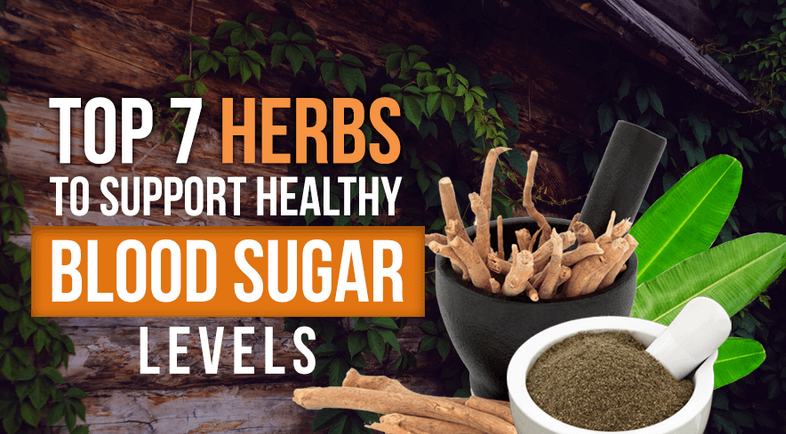

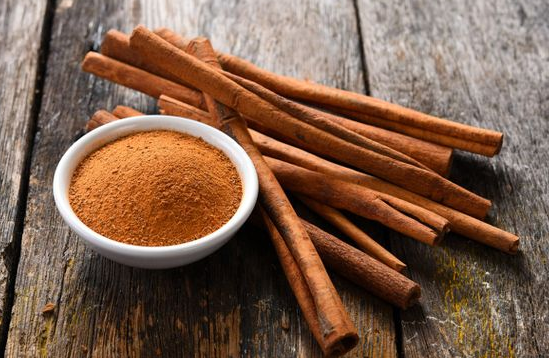


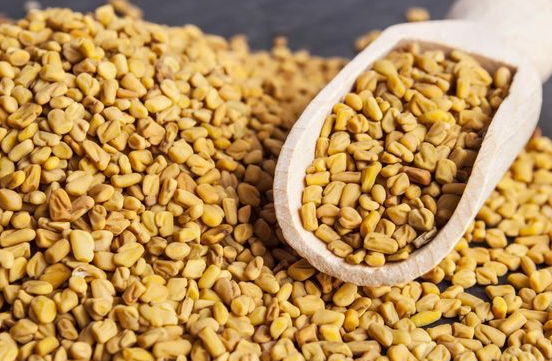










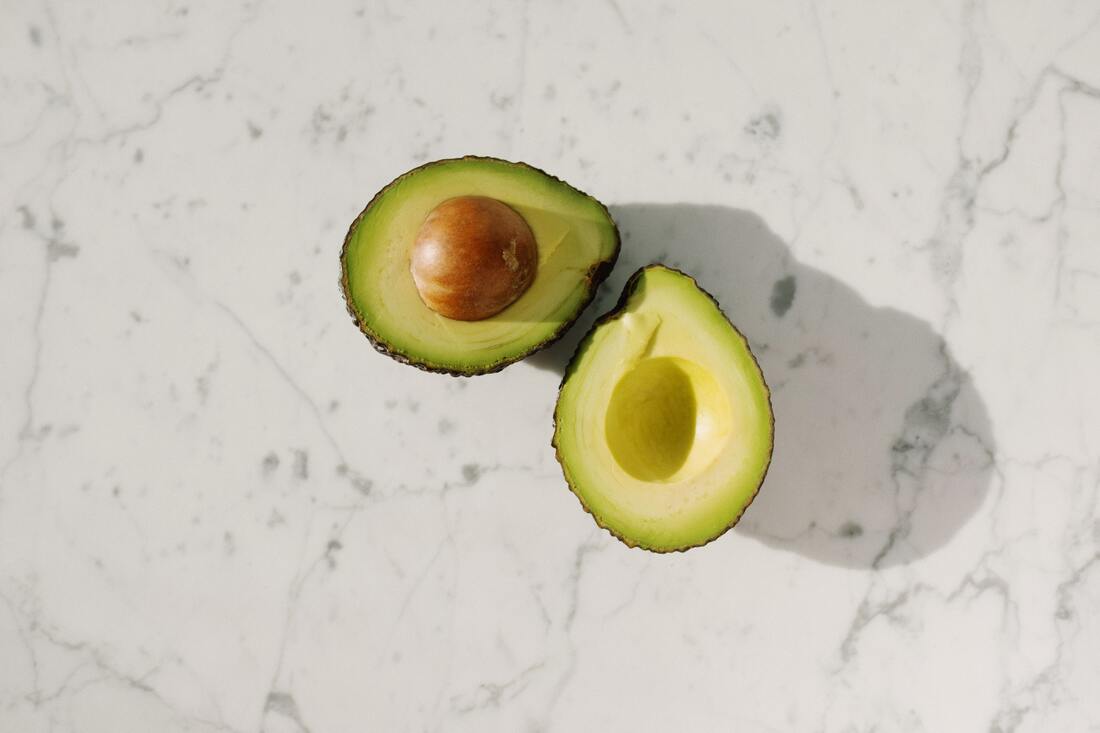







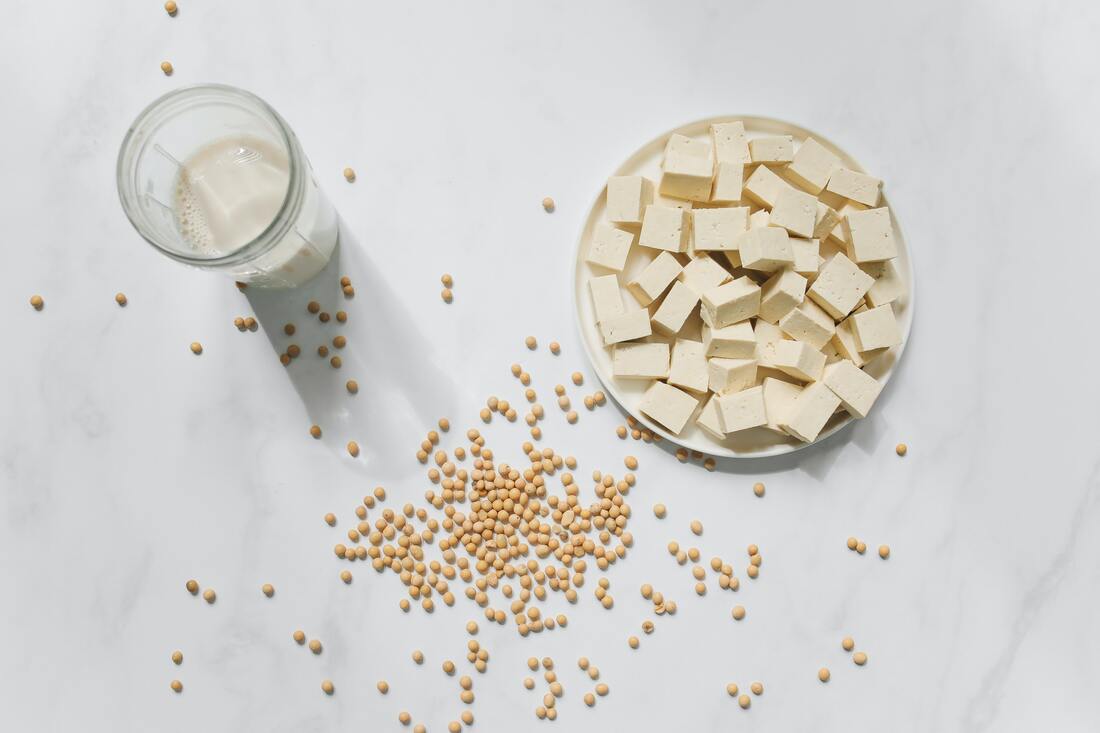



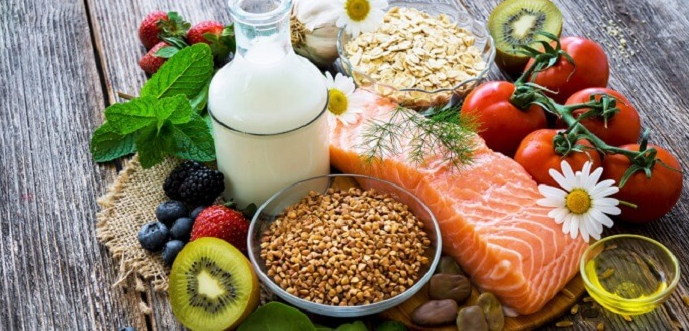



















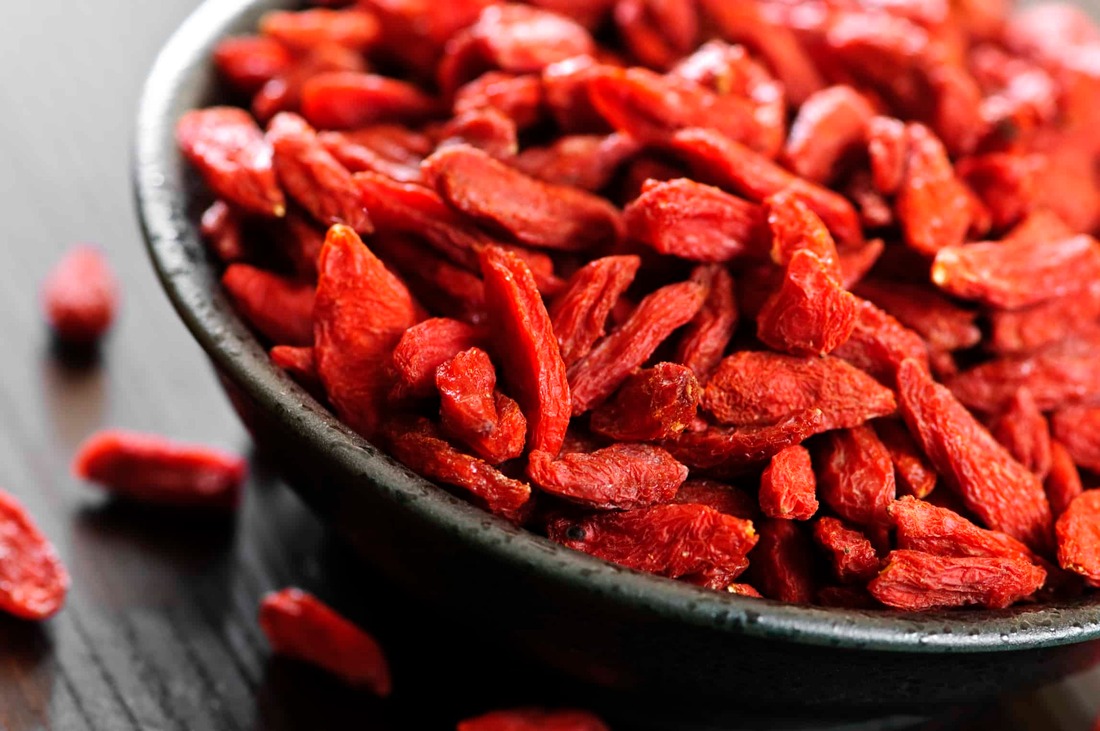


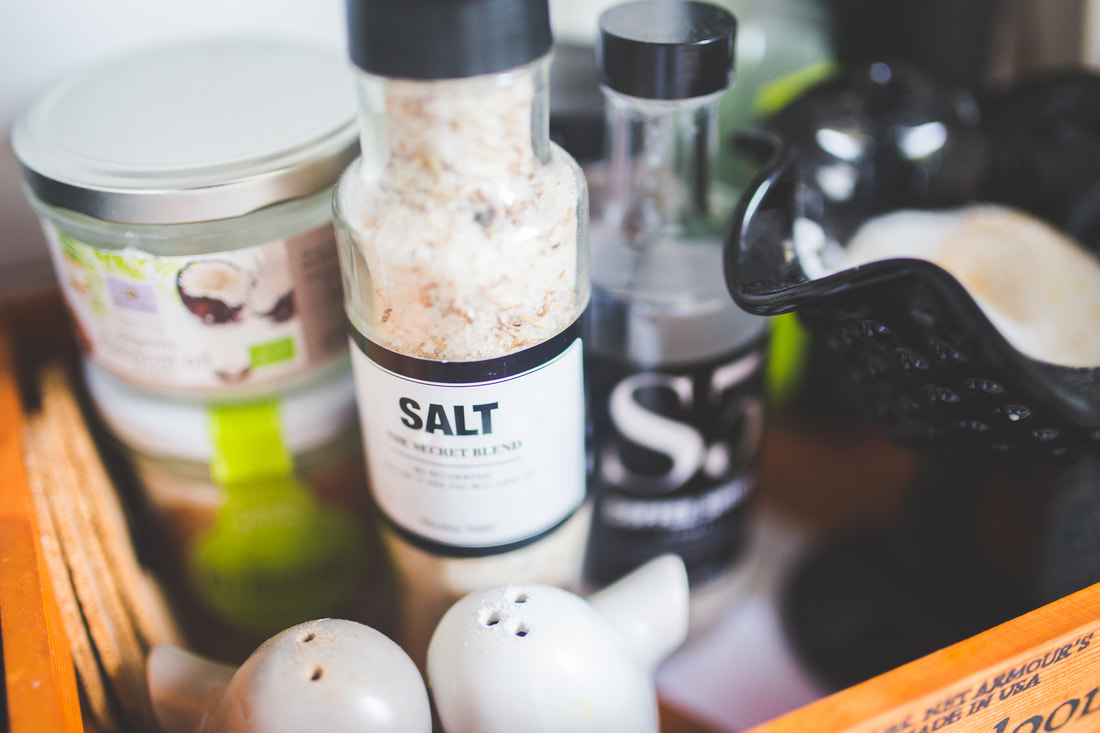
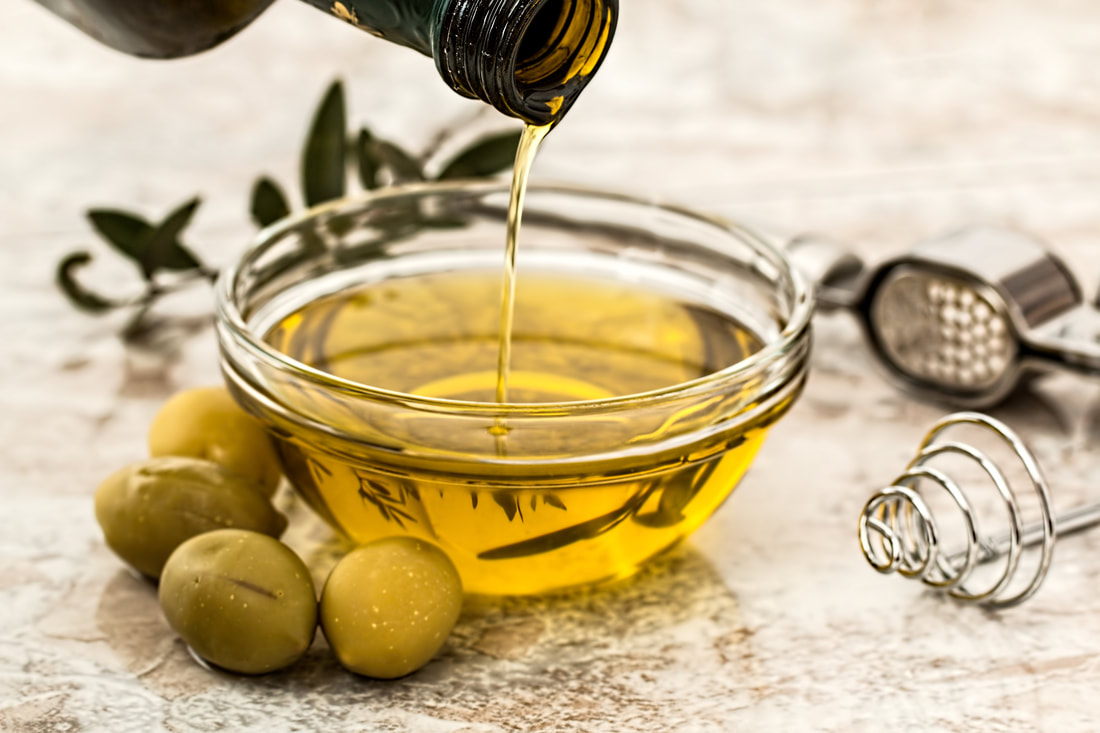







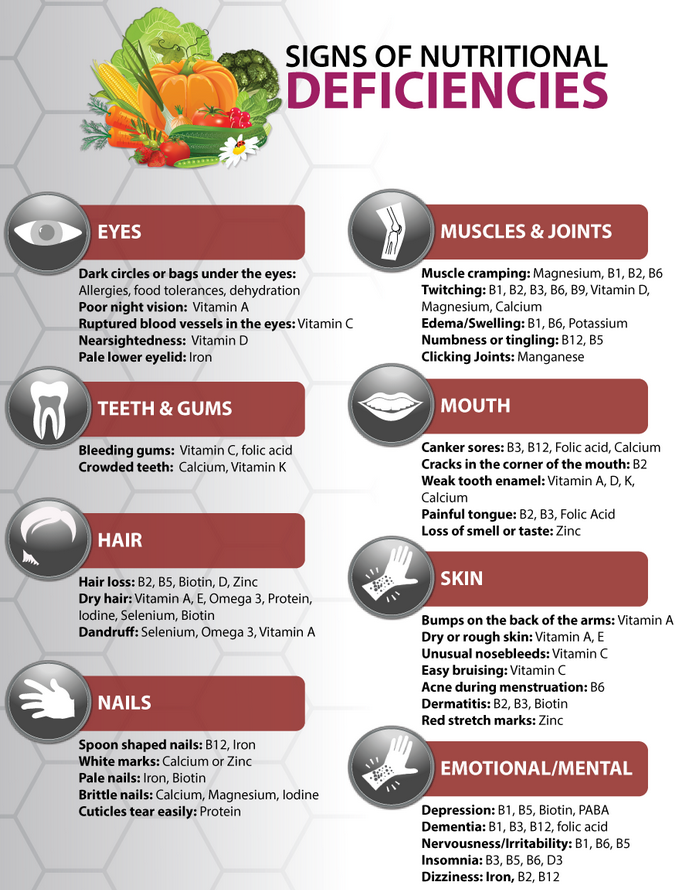
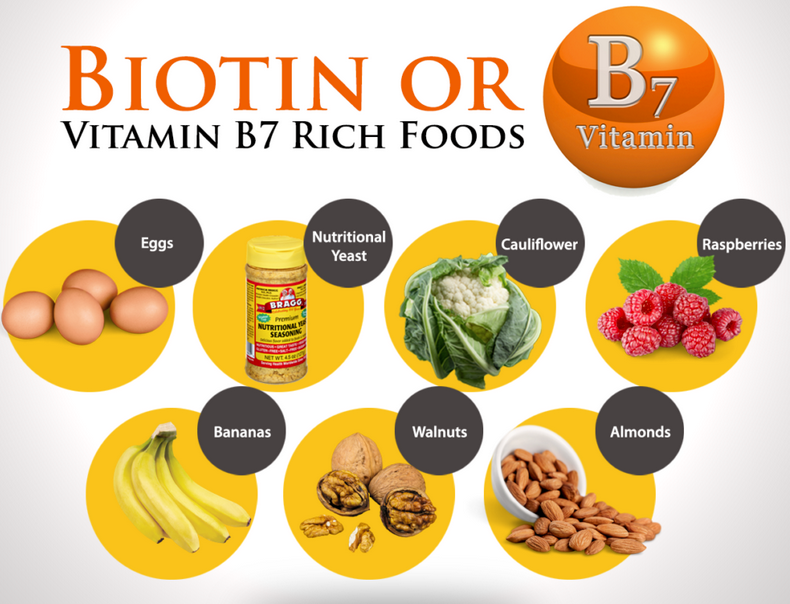
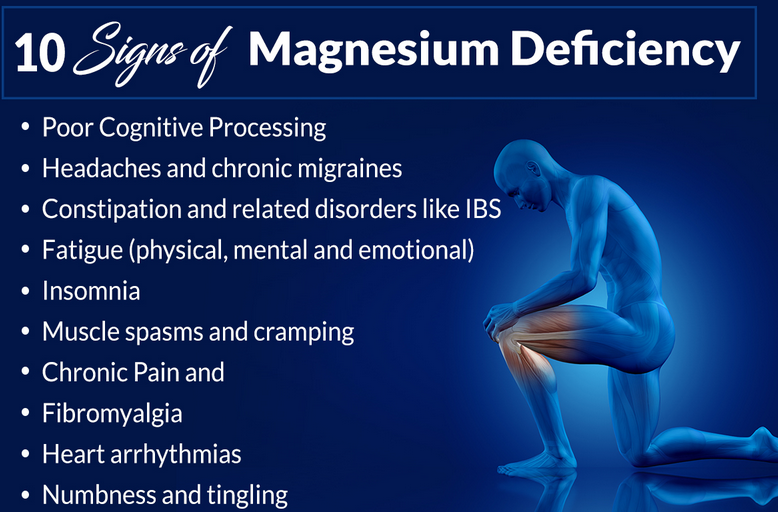
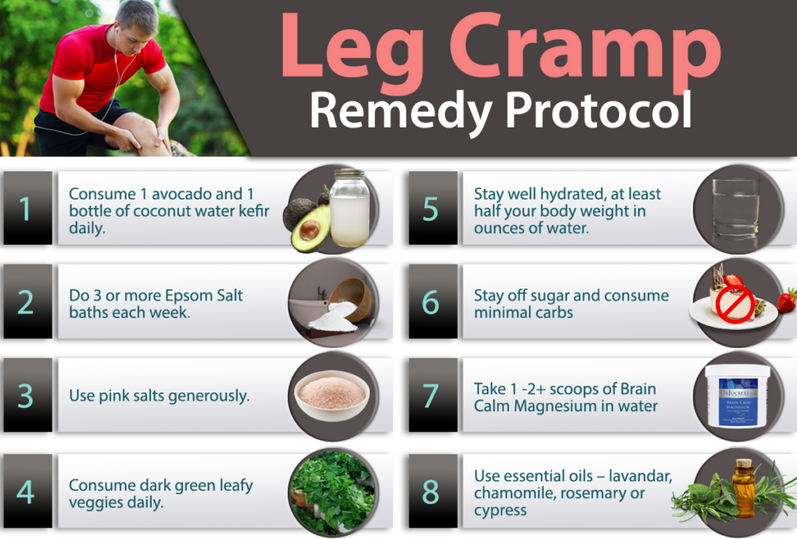

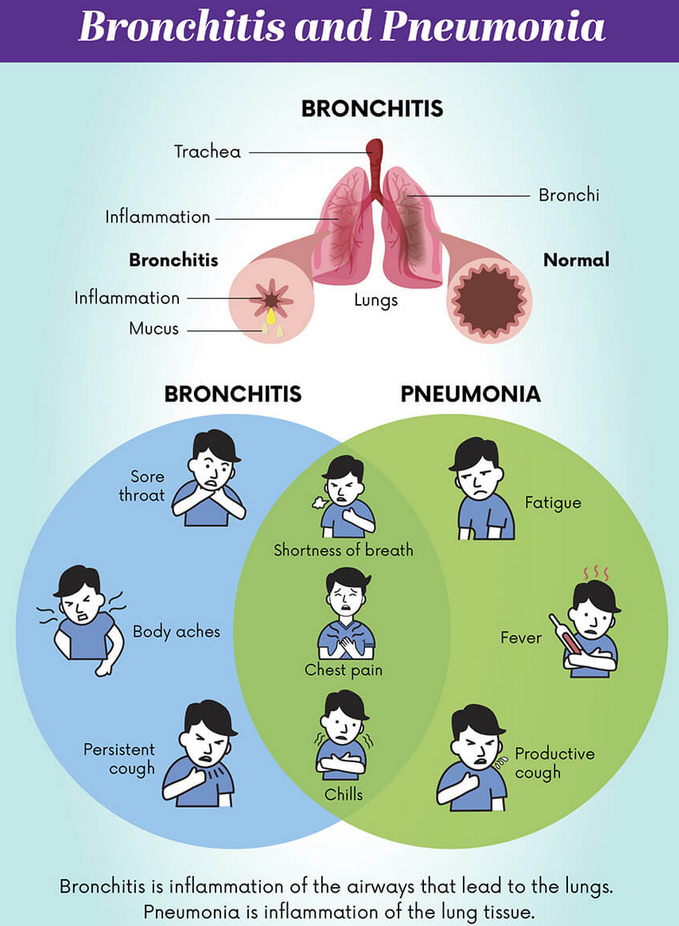
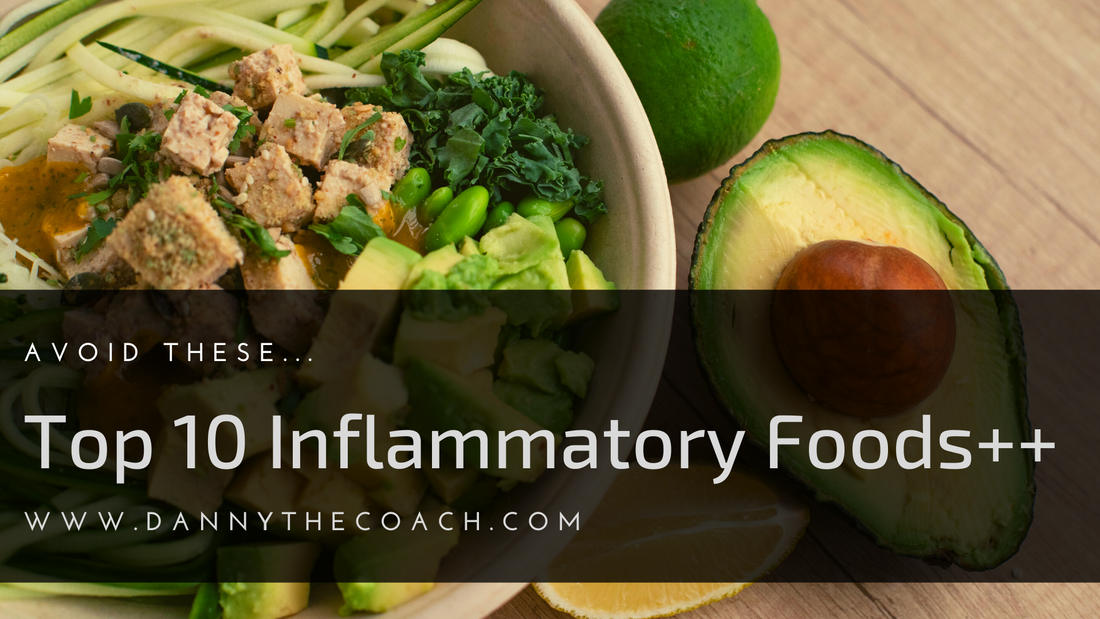
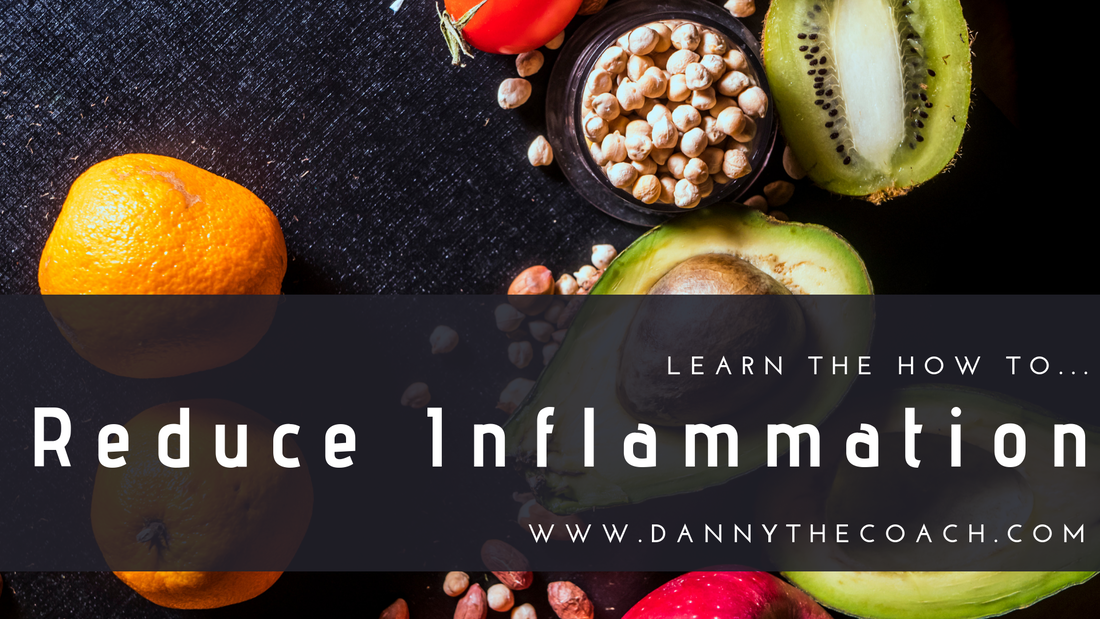
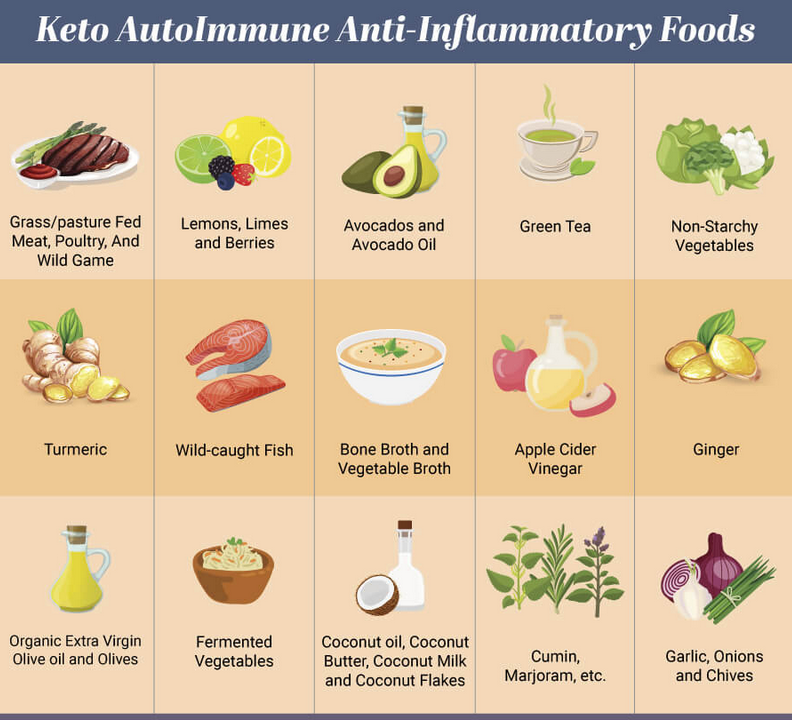

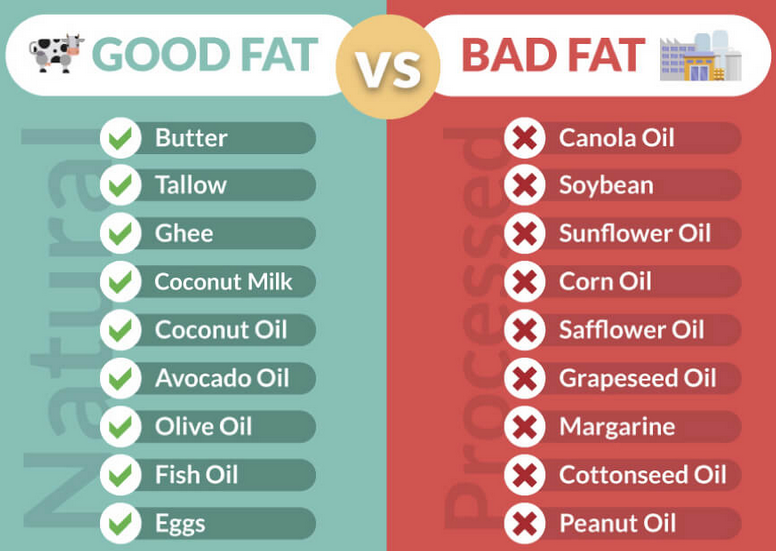
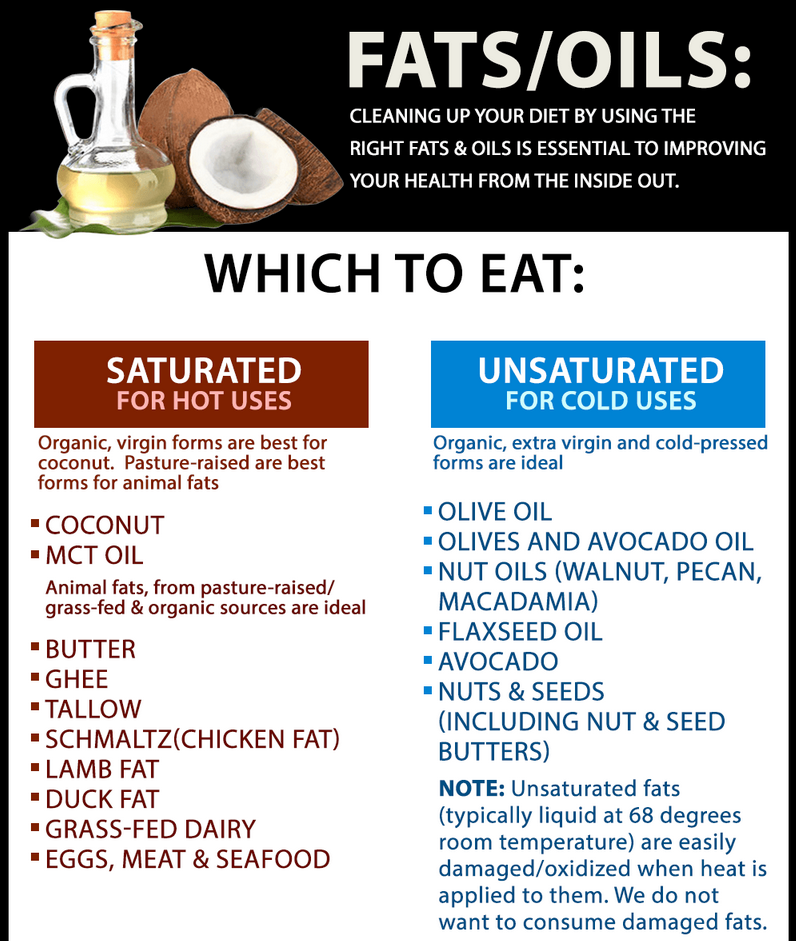
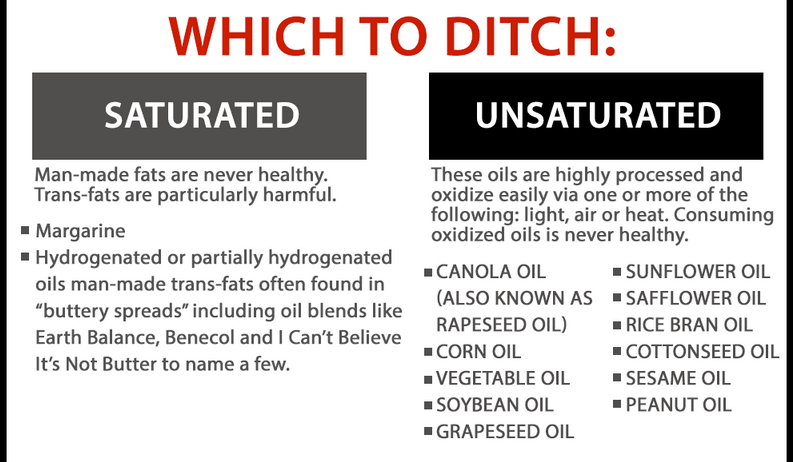
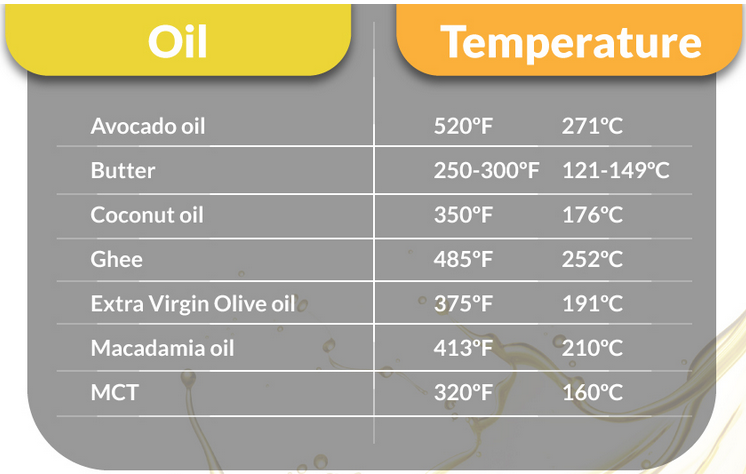
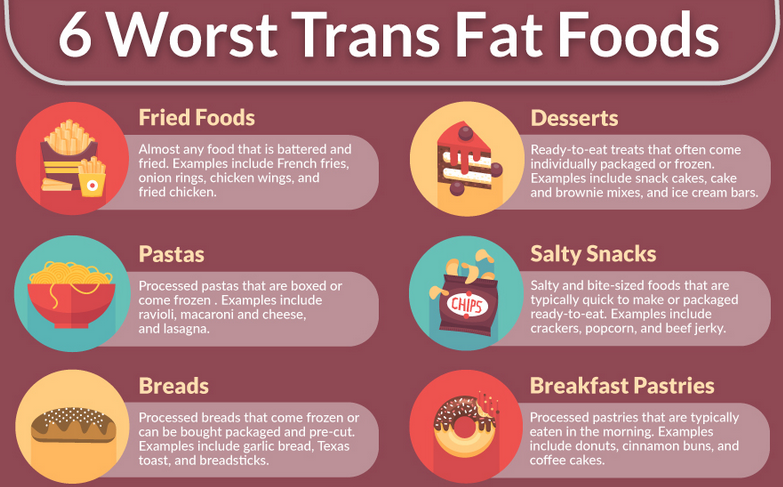

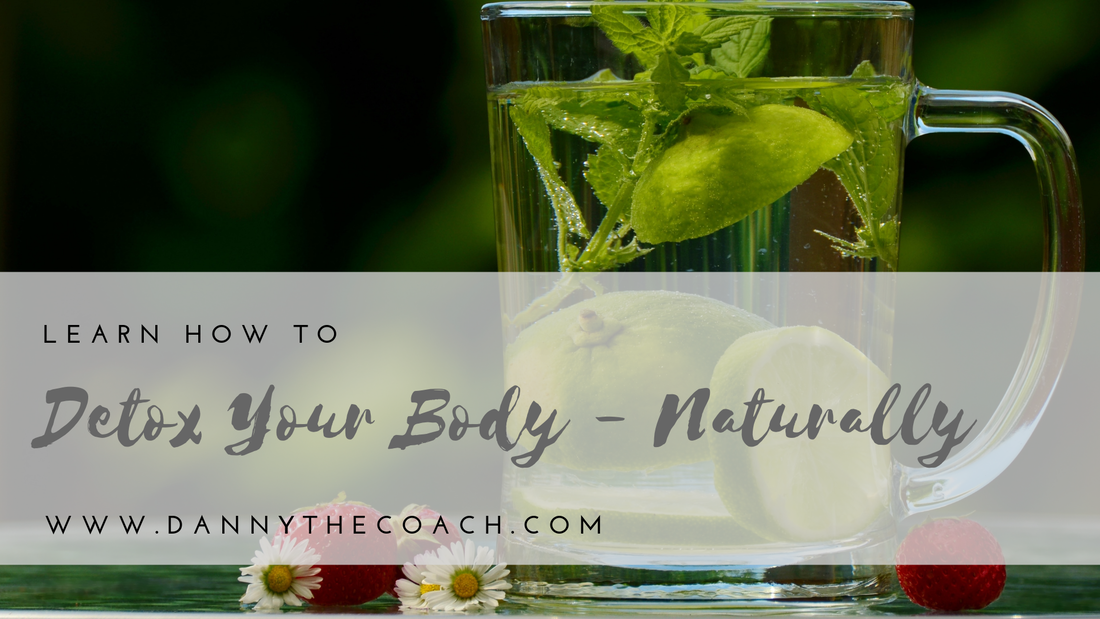




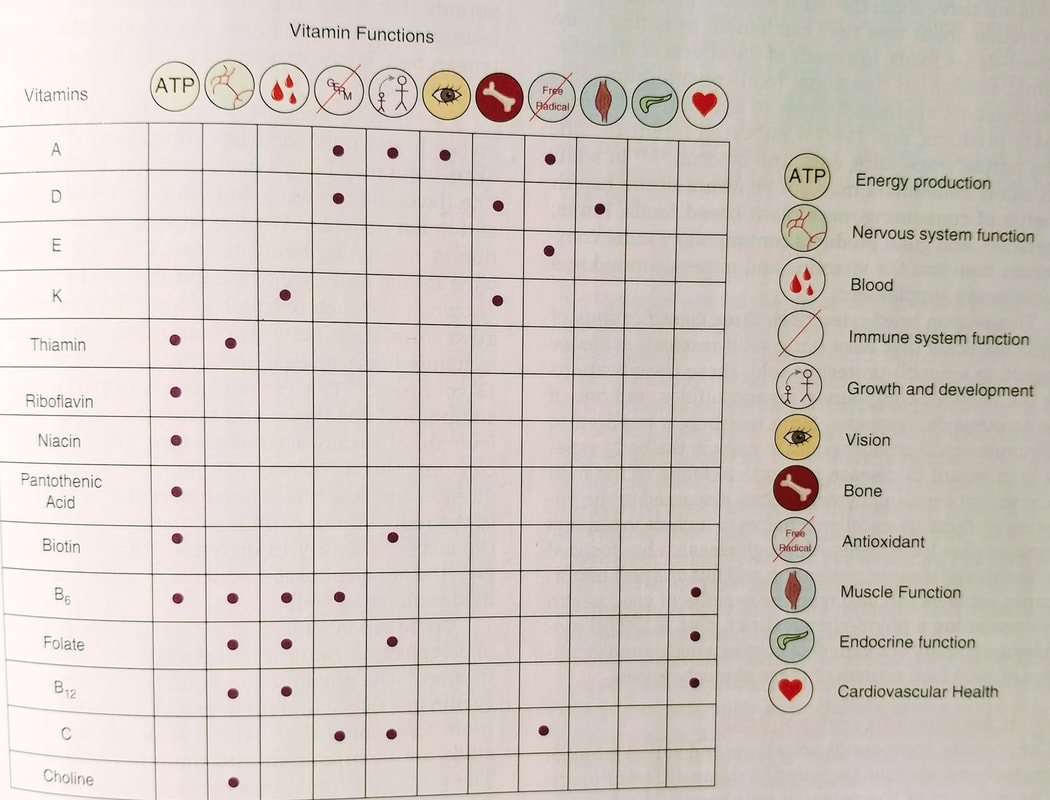
 RSS Feed
RSS Feed